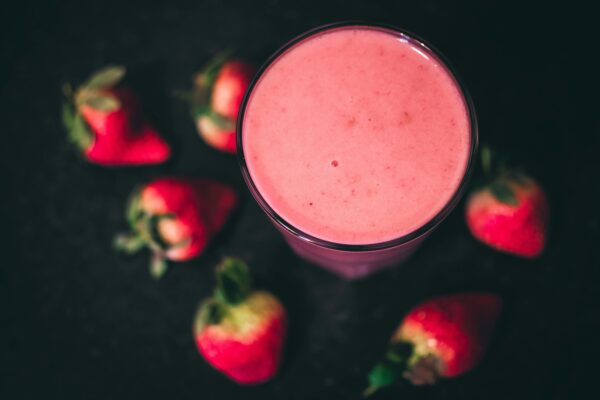
Fasting Diet (PROLON)
For those interested in improving health conditions and weight loss and longevity the PROLON Fasting Mimicking Diet (FMD) program is amazing. Dr. Joel Kahn is a well-known cardiologist in Detroit.
TRANSFORM YOUR HEALTH WITH THE EXPERTISE AND EXPERIENCE OF A DOUBLE BOARD-CERTIFIED PHYSICIAN
Our brains are the command centers of our bodies, responsible for everything from our thoughts and emotions to our movements and memories. To perform these complex tasks efficiently, the brain requires a constant supply of nutrients, much like any other organ in our body. The food we eat plays a crucial role in maintaining healthy brain function, influencing everything from cognition and memory to mood and mental clarity.
The brain, despite being only about 2% of our body weight, consumes about 20% of our daily caloric intake. This high energy demand underscores the importance of a balanced diet rich in essential nutrients to support its functions.
Omega-3 fatty acids and antioxidants are particularly beneficial for memory and learning. They support brain cell structure and function, enhancing synaptic plasticity, which is crucial for memory formation and retention.
Foods can significantly influence mood and mental health. For example, omega-3 fatty acids are shown to reduce depression and anxiety symptoms. Complex carbohydrates in whole grains and vegetables can stabilize blood sugar levels to reducing mood swings.
A diet rich in protein and healthy fats can improve focus and concentration by providing a steady supply of energy to the brain. Avoiding refined sugars and processed foods can also prevent energy crashes and enhance mental clarity.
– Omega-3 Fatty Acids: These essential fats, found in abundance in fatty fish like salmon, mackerel, and sardines, as well as in flaxseeds, chia seeds, and walnuts, are critical for brain health. They are integral components of brain cell membranes and are crucial for brain cell communication and plasticity.
– Antioxidants: Foods high in antioxidants, such as berries (blueberries, strawberries, and blackberries), dark chocolate, nuts, and green leafy vegetables, help protect the brain from oxidative stress and inflammation. Antioxidants neutralize harmful free radicals that can damage brain cells and impair cognitive function.
– B Vitamins: Vitamins B6, B12, and folic acid are essential for brain health. They play a key role in producing neurotransmitters, which are chemicals that transmit signals in the brain. Good sources of B vitamins include eggs, dairy products, leafy greens, and whole grains.
– Vitamin E: This antioxidant vitamin, found in nuts, seeds, and green leafy vegetables, helps protect brain cells from oxidative stress. Some studies suggest that vitamin E may also play a role in delaying cognitive decline.
– Iron: Adequate iron levels are necessary for maintaining cognitive function. Iron-rich foods include lean meats, beans, spinach, and fortified cereals. Iron helps transport oxygen to the brain, which is vital for energy production and overall brain function.
– Protein: Proteins provide amino acids, which are the building blocks of neurotransmitters. Good sources of protein include lean meats, fish, dairy products, legumes, and nuts.

For those interested in improving health conditions and weight loss and longevity the PROLON Fasting Mimicking Diet (FMD) program is amazing. Dr. Joel Kahn is a well-known cardiologist in Detroit.

Dr. Josh recommends four things: 1. Toxin testing– Many of us may have had exposure to toxins such as petrochemicals, plastics, mold or round-up (glyphosate). You may not know your

Jane Esselstyn’s Lime Mango Bean Salad Recipe. Tell us if you tried it and what you think!

You know you are a health nut if…your high power blender hits 3000 uses! We were grinding flax seeds at the time. Dr Josh recommends 1-2 tablespoons of ground

GINGER CHOCOLATE PUDDING (Vegan) 4 avocados 1 banana 4 dates 1/2 cup cacao powder 1/2 cup raw carob powder 3 cups homemade almond milk*** (or water would probably work) Peeled

. See the above BEFORE and AFTER weight loss pictures of Dr. Josh? How did Dr. Josh lose weight? Read these stories to find out: *stories from above, for
DISCLAIMER: This is not intended to be medical advice. Always consult with your physician first.
*The statements (appearing on this website) have not been evaluated by the Food and Drug Administration. These products are not intended to diagnose, treat, cure, or prevent any disease.
Copyright © 2024 · All Rights Reserved · Dr Josh